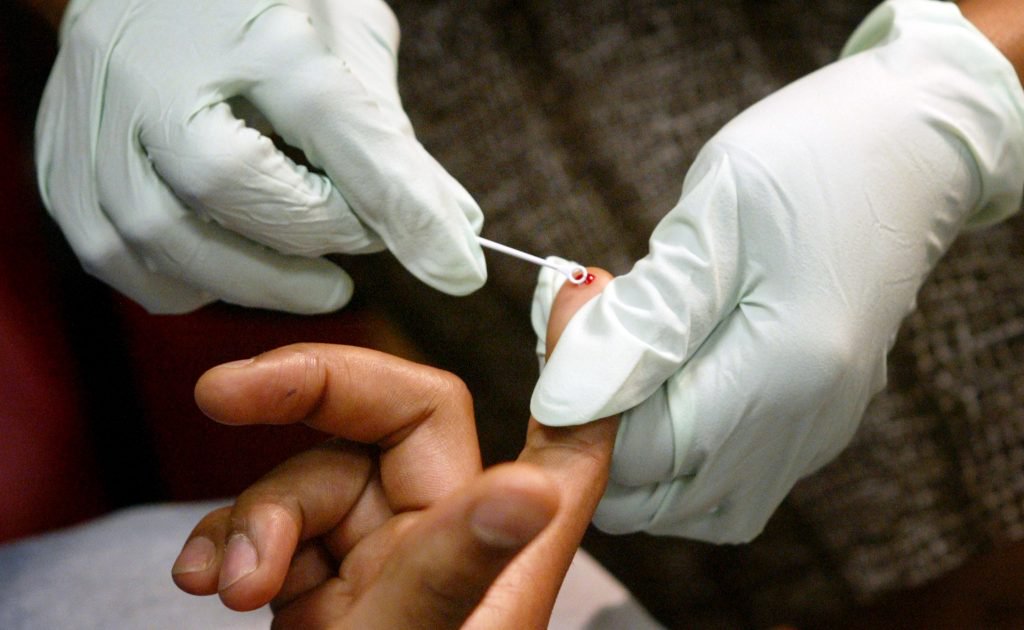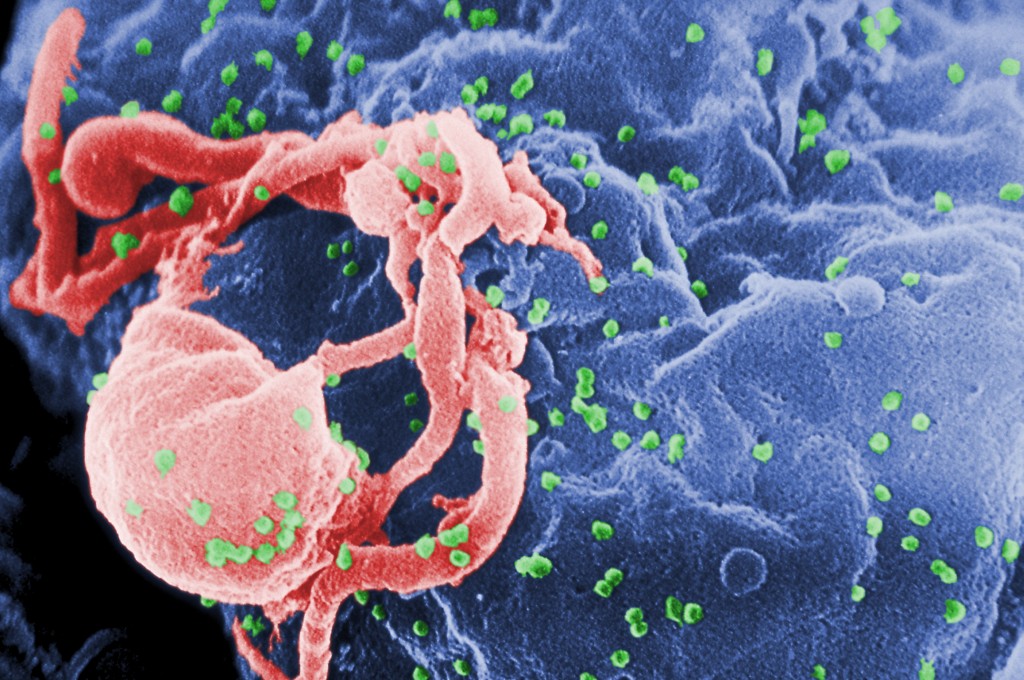HIV diagnoses fall to the lowest level in the UK but campaigners say the government ‘must do more’
The Terrence Higgins Trust welcomed the stats but called for more work to be done
By Steve Brown

Words: Steve Brown
New HIV diagnoses in the UK has fallen to the lowest level since 2000, according to new figures by Public Health England (PHE), but the Government ‘must do more’.
According to the new figures, released on Tuesday (September 3), HIV diagnoses have been declining in gay, bisexual and heterosexual populations and have dropped almost a third from 6,271 in 2015 to 4,484 in 2018.
For gay and bisexual men they have seen the steepest fall with nearly a 40 per cent drop between 2015 and 2018.
The biggest falls have been among gay and bisexual men who are:
· white (46 per cent decrease from 2,353 in 2015 to 1,276 in 2018)
· born in the UK (46 per cent decrease from 1,627 in 2015 to 873 in 2018)
· aged 15 to 24 (47 per cent decrease from 505 in 2015 to 269 in 2018)
· living in London (50 per cent decrease from 1,459 in 2015 to 736 in 2018)
In the same period, new diagnoses have also fallen by a quarter among heterosexual people.

Dr Valerie Delpech, Head of HIV Surveillance at Public Health England, said: “It is thanks to the enormous testing and prevention efforts in the UK that we are seeing further declines in new HIV diagnoses, which have now reached their lowest in almost 20 years.
“People with HIV now benefit from effective treatments that stop the virus being passed on to sexual partners and the number of people diagnosed late is lower than ever before.
“Getting tested for HIV has never been easier, with free tests available through GP surgeries, local hospitals and sexual health clinics, as well as through a self-sampling service or by using a self-testing kit.
“Early diagnosis means early effective treatment, which can prevent you passing on HIV.”
Public Health Minister Jo Churchill added: “I am delighted to see new figures released today which show we are well on our way to achieving our ambition of zero HIV transmissions in England by 2030, with HIV diagnoses at their lowest level since 2000.
“This decline in diagnoses is a result of our unwavering commitment to prevention which has led to more people getting tested, and has allowed people with HIV to benefit from effective treatment, stopping the virus from spreading further.
“However, I am not complacent and remain dedicated to ensuring we reach our target of zero new HIV transmissions by 2030.”

Although the decline of HIV diagnoses has seen a steady drop, the Terrence Higgins Trust said the UK Government must do more in order to eradicate HIV by 2030.
Ian Green, chief executive at the Trust, said: “New HIV diagnoses are falling in the UK which we of course welcome, but the slowing of progress needs to serve as a clear warning that more needs to be done to make good on the Government’s commitment to end HIV transmissions by 2030.
“In order to continue progress HIV must be prioritised as a public health issue because ‘more of the same’ won’t cut it.
“We also need to ensure access to and awareness of HIV prevention pill PrEP, the normalisation of regular HIV testing, and to invest in sexual health services across the country to make sure they are properly funded to meet rising demand.
“We have the necessary tools to end transmissions but we need to maximise these across all groups affected by HIV right across the UK to ensure that no-one is left behind.
“Today’s data shows that this isn’t the case with progress fastest among gay and bisexual men and in London and the south east.
“While new diagnoses are falling, the proportion of people still being diagnosed late remains stubbornly and unacceptably high at 43 per cent.
“This is so important because a late diagnosis is bad for an individual’s health and also significantly increases the chances of HIV being unwittingly passed on.
“Heterosexual men and those aged 50 or over remain two of the groups most affected by late diagnosis, which means more needs to be done to engage these groups around HIV testing.
“We also need to get the basics right and that starts with teaching young people about HIV in schools.
“We’re clear that there must be a strong emphasis on HIV and sexual health when Relationships and Sex Education becomes compulsory in all schools in England from 2020, including information on PrEP and how HIV treatments stops the virus from being passed on.”
